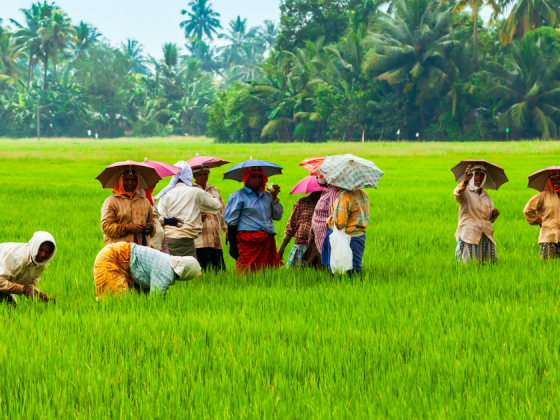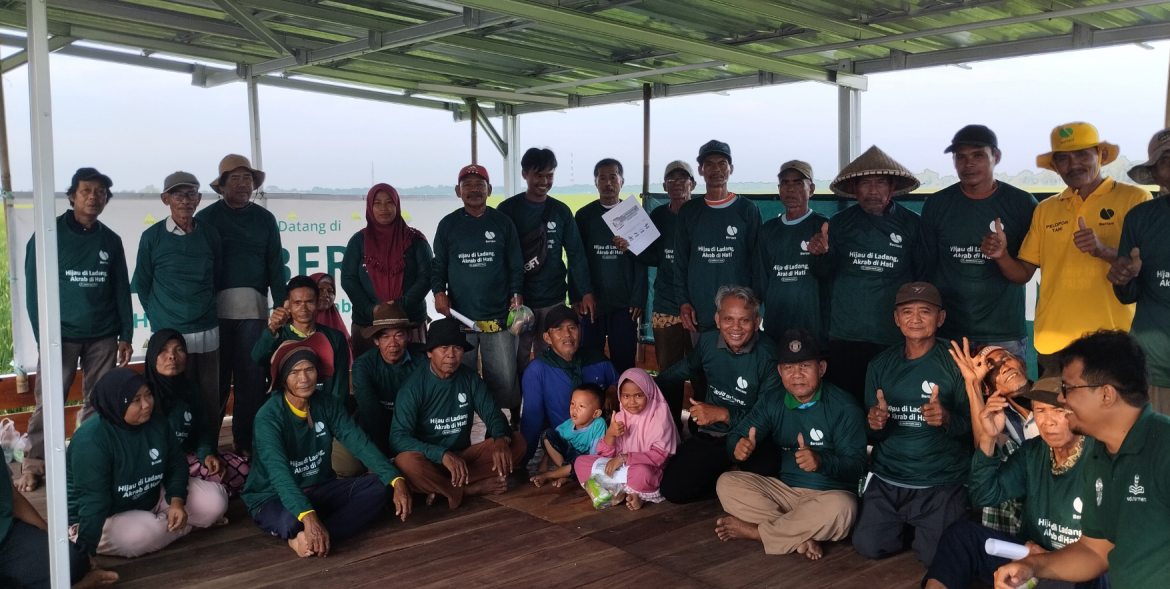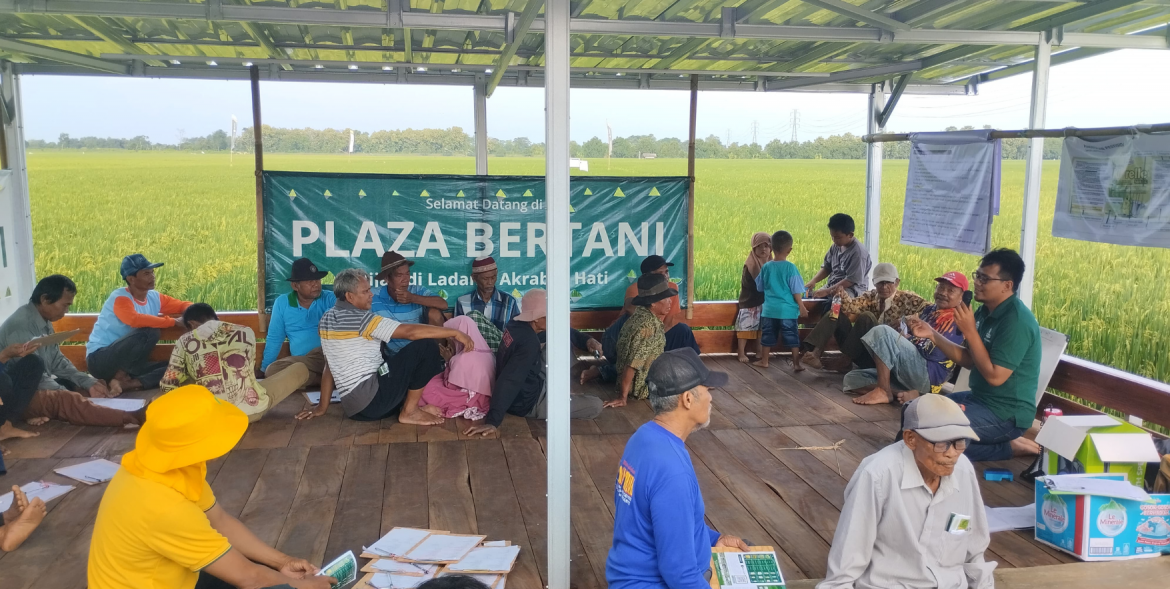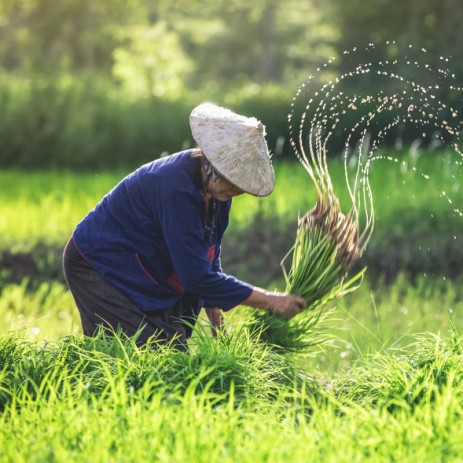Economic Development
According to the World Bank collection of development indicators, the number of farmers acount in Indonesia was reported at 29.28% in 2022 of total employment and contribute only 12.4% to GDP in Indonesia. Despite the level of good agricultural practices knowledge from smallholder farmers below the standard, it’s affected to their incomes, and have a standard of living below the poverty line. Followed by the other conditions such as weather (drought, floods), climate change, pests and desease are also causes of crop failure. Addressing these issues, requires a multi-faceted approach involving investment in rural infrastructure, access to finance and technology, as well as initiatives to attract youth to farming and improve the overall viability and sustainability of smallholder agriculture in Indonesia.
Economic development in the agriculture sector refers to efforts aimed at improving the economic performance, sustainability, and inclusivity of agricultural activities. It's important because it supports poverty reduction, ensuring food security and nutrition, providing employment and income as well as the development of rural communities. Through economic development farmers and youth farmers in Indonesia can implement this initiative to harness digital technologies in Agriculture, adopt climate-smart agricultural practices, youth-led cooperatives, as well as community-based natural resource management.

Program Objectives

To improve their productivity of smallholder farmers as well as enhance their adaptive capacity.

Increase smallholder farmers income and improve livelihoods for themselves and families.

To create employment opportunities for youth in agriculture and related sectors, reducing youth unemployment and underemployment in rural areas.
Impact

Increased Incomes and Employment

Skills Enhancement and Empowerment

Improved Livelihood and Well-being

Community Resilience and Social Cohesion
Our Approach
1
Provide training for smallholder farmers on Agribusiness development, digital agriculture, climate-smart agriculture, youth-led cooperatives, and community-based natural resource management to improve farmers productivity, and income, to create employment opportunities both for youth women. The training use Farmers Field School (FFS) and collaborative trials: joint experiential learning for farmers to really understand, practice and own new practices approach.
2
Work with youth to provide support in assisting smallholder farmers, thereby amplifying their voices and influence in shaping agricultural development agendas.
3
Work with corporate to provide access to quality and affordable agriculture inputs, seeds, financing, and offtake their product.
4
Develop and set up farming cooperatives to improve market access, and linkages by strengthening value chains, facilitating market information dissemination, and fostering partnerships with agribusinesses and cooperatives.




